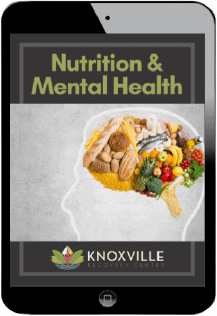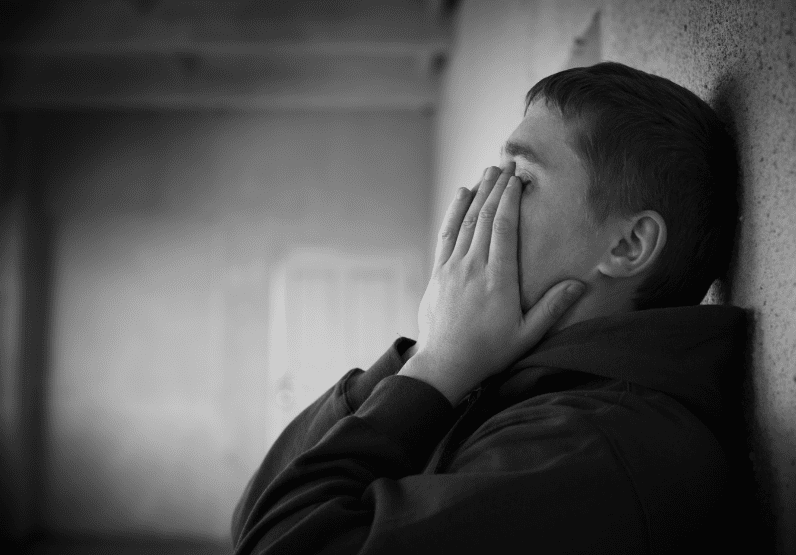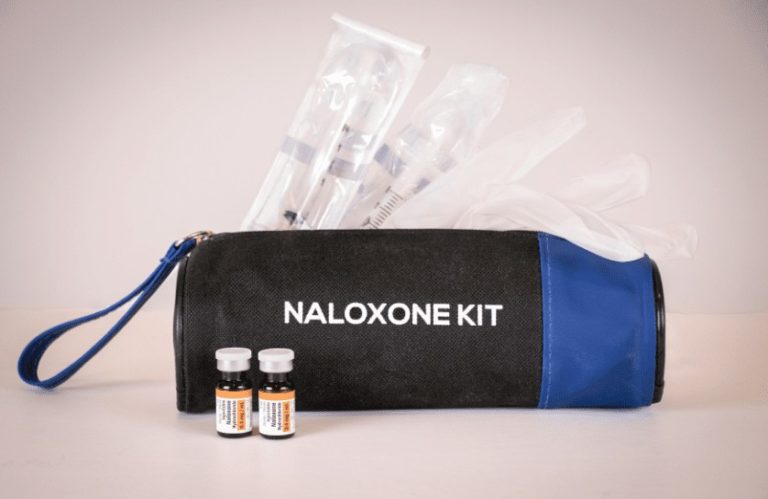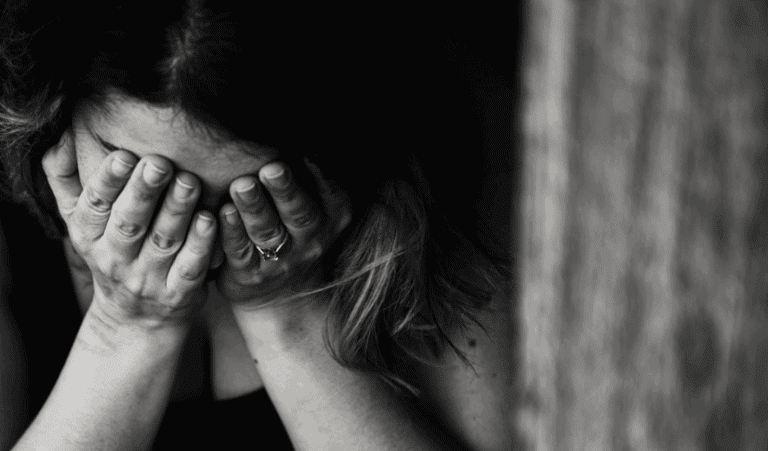Unfortunately, depression and addiction are very common amongst those suffering from substance abuse. Oftentimes, drugs and alcohol are used as coping mechanisms. Whether people are treated or untreated for their depression, the risk of addiction goes up. For many, avoiding addiction means actively unlearning behavioral patterns and staying away from substances. Treating depression and learning healthy coping mechanisms can help people keep addiction at bay, but it’s not always that easy.
An estimated one-third of people who have depression also have problems with alcohol, whether they drink heavily or engage in patterns of binge drinking. Those who struggle with depression must work harder to not only avoid addiction, but they’ll have to work harder in recovery as well.
Understanding How Depression Affects Everyday Life
For those who struggle with depression, everyday life looks a lot different. Even small things, like waking up and making breakfast can seem like an impossible feat. While some days may be easier than other days, there are dark days too. Depression affects everyone differently, but general symptoms include:

- Feeling sad, empty, or hopeless
- Loss of interest in normal activities
- Loss of interest in past passions
- Trouble sleeping, whether falling, staying asleep, or waking up
- Anxiety and restlessness
- Agitation and irritability
- Slowed thinking or moving
- Physical problems, including headaches or back pain
- Recurrent thoughts of death
- Reduced or increased appetite
- Lack of energy
- Angry outbursts
These symptoms can change one’s life, making even the easiest of tasks seem completely impossible. Days are longer, stress is higher, and avoiding the temptations of drugs and alcohol is much more difficult.
On top of that, working toward improved mental health is difficult, and the only way to safely find relief. However, drinking or using drugs is easy, and many believe that it helps them feel better (even if it truly doesn’t in the long run).
Many people with depression have trouble imagining their future or seeing themselves grow older, so they don’t care what they do to their bodies. Damaging it with alcohol or drugs doesn’t seem as bad anymore.
Ways That Depression Can Lead to Addiction
With these symptoms in mind, it’s easy to see why depression often results in addiction. But let’s dive deeper. Here are four ways that depression can lead to addiction based on the common thoughts people with depression experience.
Of course, these thoughts are different for everyone. While one may be afraid to ask for help, another might be afraid that the help just won’t work for them. Depression is not one size fits all in any way.
1. You’re Afraid to Ask for Help
Asking for help can be terrifying, especially for those who feel alone. Before a diagnosis, it’s easy to isolate yourself or feel like there’s no one there to support you. You may be unsure about what you’re going through or think that it’s all in your head. Because of this, you may experience shame or be worried that others will judge you for asking for help. When you don’t talk about mental health issues, they only get worse.
Talking about your problems, even with just your friends and family, is a great way to realize that you aren’t alone. There are so many people going through the same thing that you are. By reaching out, you’re cutting off that shameful, lonely feeling.
However, it’s most important to seek help from a medical professional. While this might seem scary, it’s important to remember that their job is to help you, not judge you. Finding a therapist or doctor that you like is also vital to proper treatment.
If you don’t reach out and ask for help, you’ll only be isolating yourself more. By isolating and refusing to learn healthy coping mechanisms, you might reach for drugs or alcohol instead.
2. You Don’t Realize You’re Depressed
Many people don’t realize that they’re depressed until someone else points it out to them. Maybe you’re using alcohol or drugs as a coping mechanism without even knowing what you’re doing. Some people mask this, pretending that they just enjoy alcohol or drug use instead of viewing it as a way to cope with what they’re going through.
It can be difficult to admit that you’re going through something, but ultimately it will help you in the long run. By coming to the realization that you’re experiencing depression, you can work your way up to the next steps like seeking treatment.
Ready to Learn More?
Download Our Free Addiction Treatment eBook today!
"*" indicates required fields
3. You Don’t Believe You Deserve Help
Many people who are down on themselves and feeling depressed don’t believe that they deserve to be helped. Because of this “less than” feeling, people often avoid treatment altogether. It can be hard to get out of this mindset, but it’s important to do so. No matter what you’ve done or how you’re feeling, you deserve to have professional help and treat you for your depression or other mental health issues.
By admitting that you deserve help and allowing yourself to seek the help that you need, you can avoid a drug or alcohol problem (or treat one that’s already in progress).
4. You Don’t Feel Like Professionals Can Help
Unfortunately, some people with depression don’t believe that professional treatment is effective and therefore avoid seeing a doctor or meeting with a therapist. This thought stems from the belief that individuals must engage in talk therapy in order to treat their depression, but that’s not the case. There are many different types of therapy and medications available, and exploring treatment can help many individuals greatly. Because depression is different for everyone, treatment should be as well.
Find a Treatment Center for Depression and Addiction
If you’re struggling with depression and addiction, it’s time to seek the help you deserve. Treating comorbid diagnoses should be treated with the utmost care, tackling the root of the problem before working on recovery. By working with a rehabilitation facility that treats depression, you’ll have more success than working with a facility that only treats your addiction.
To learn more about Knoxville Recovery Center and how we can treat your depression and addiction, contact us today.










